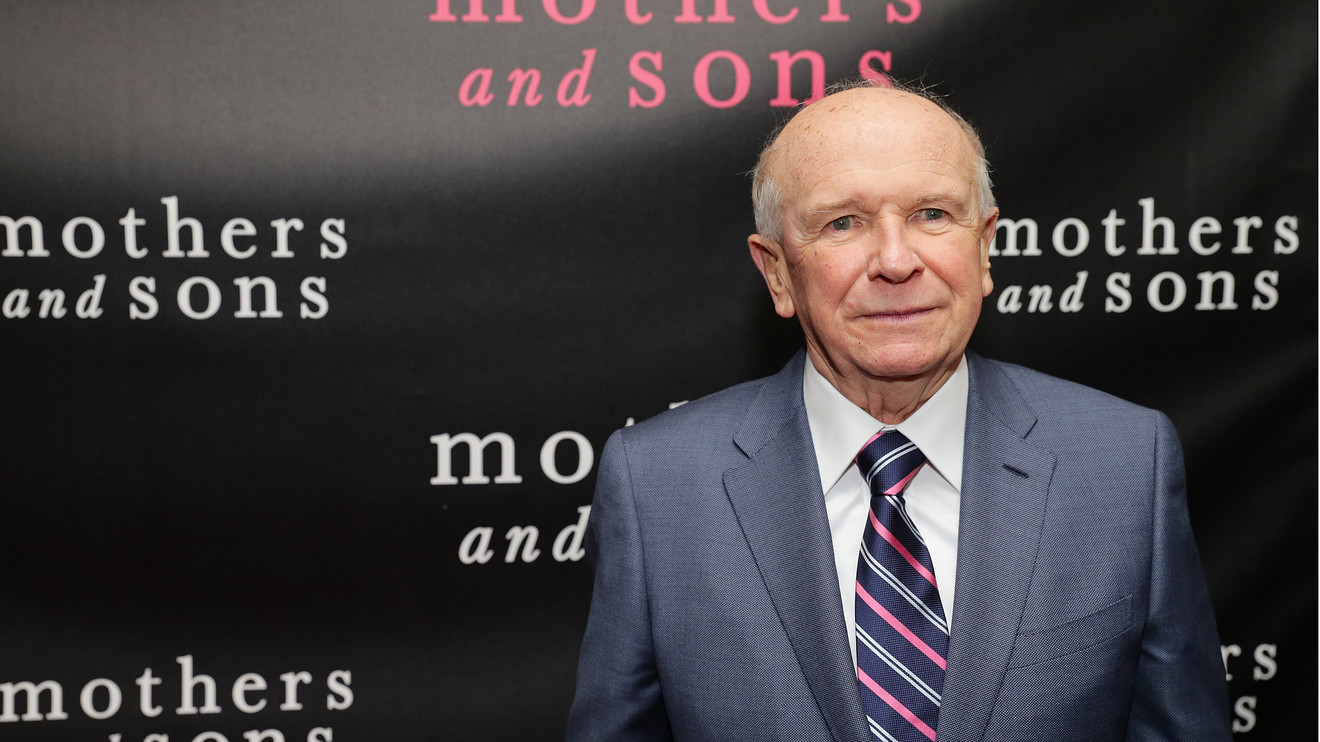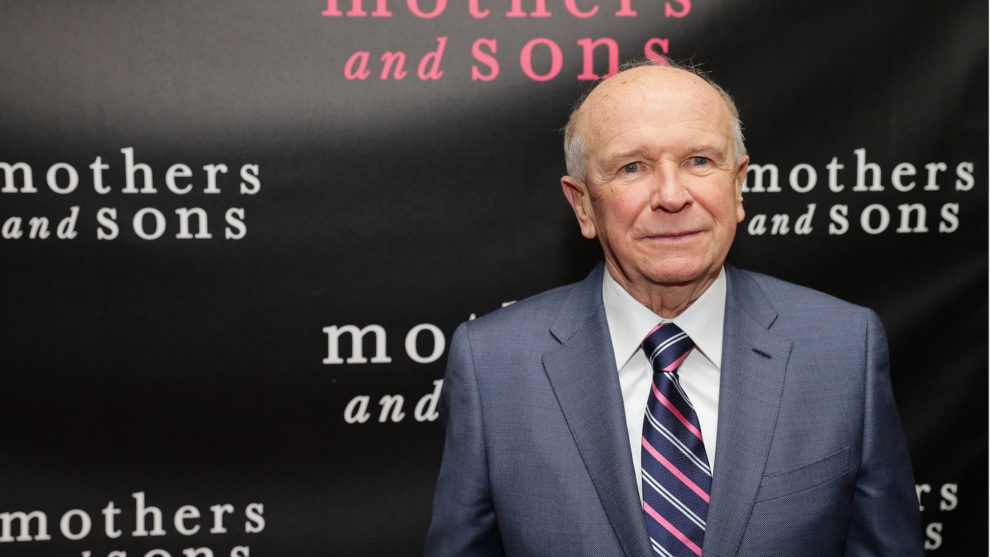
“A lot of people stop learning in life,” the New York–based playwright Terrence McNally told the L.A. Stage Times in 2013. “And that’s their tragedy.”
McNally, a prolific dramatist who championed gay stories and wrote the librettos for some of Broadway’s most celebrated musicals, lived by that maxim, continuing to write, probe and question the world even as he reached his ninth decade.
On March 24, however, that inquiring mind was cut short: McNally, a survivor of lung cancer who suffered from a form of obstructive lung disease, passed away in Sarasota, Fla., from complications from the coronavirus. He was 81 years old and leaves behind his husband, award-winning Broadway producer Tom Kirdahy.
Born in Florida, McNally was just 26 when he first debuted a Broadway play in 1965. He went on to write dozens of plays and librettos, and penned adaptations of his work for both television and film — a feat that won him a Lifetime Achievement in the Theater at the Tony Awards last year.
Among his talents was an ability to span different genres — from musical to opera to stage play — while mixing his trademark wit and humor with explorations of tragedy and sadness. One of his most famous works was his libretto for the 1998 musical “Ragtime,” for which he won one of his four Tonys.
Many of his works explored the lives of gay men, from the controversial 1998 passion play “Corpus Christi,” which depicted Jesus and his followers as modern-day gay men living in Texas, to his 2014 play “Mothers and Sons,” in which a mother who lost her son to AIDS two decades earlier tries to reconcile with his former partner.
In his 1994 Tony-winning play “Love! Valour! Compassion!” he delved into an altogether lighter subject: the relationship between characters in a summer house. “I wanted to show what else gay men were doing besides having AIDS and dying,” he told the New York Times in an interview last year. “There was life! We were going on nice weekends to the country. I thought of it as writing a gay ‘Our Town.’ ”
McNally, too, was unafraid to live as he wrote, coming out as gay as early as the 1950s; he was soon dating the playwright Edward Albee.
While tributes poured in last week from Broadway luminaries, some of the most affected mourners were journeyman actors whose lives intersected with the roles McNally wrote.
“Terrence McNally pioneered the way for so many LGBTQ artists and voices to be heard in a time where their being silenced was deafeningly loud,” says actor Edward Miskie, who played the role of Father in “Ragtime” at Park Playhouse in Albany, New York in 2017. “His stories raised me.”
Sierra Rein, who received her Equity card by doing a production of McNally’s play “Master Class” in Los Angeles in 2004, said the playwright was notable for the “many love letters” to his LGBTQ community.
“And he did so,” she insists, “with wit, a dark sense of humor, and a motivation to say to all of us to keep our art going no matter what adversity came our way. Certainly welcome encouragement to think about during this time.”
But if McNally was lauded for his writing, among those who knew him he was exalted above all for his generosity and gentle spirit.
“Terrence was a role model: interested in younger artists, curious about innovations in theater, voracious in his encouragement to us,” says the Pulitzer Prize–winning playwright Paula Vogel. “Terrence McNally was the first in our field to open the door to the boys’ club of theater and hold it wide open for the girls. We’ve lost a giant with the kindest eyes.”
div > iframe { width: 100% !important; min-width: 300px; max-width: 800px; } ]]>








